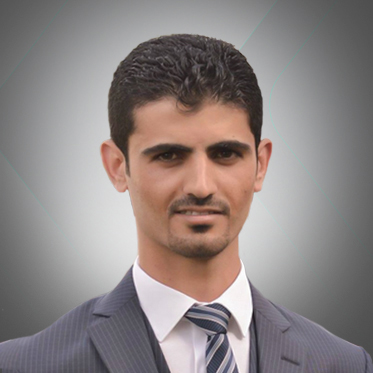Iran’s Kurdish opposition parties back protesters, call for international support
1.jpg)
ERBIL, Kurdistan Region (Kurdistan 24) – Kurdish opposition parties in Iranian Kurdistan (Rojhelat) over the weekend expressed their support for the protests across Iran, calling for a joint committee to direct the demonstrators.
In a combined statement on Saturday, the Kurdistan Democratic Party-Iran (PDKI) and the Komala Party of Iranian Kurdistan (Komala) called on authorities to free people who were arrested for participating in country-wide protests.
“The source of the protests is the economic crisis and political problems within Iran which are due to the government’s suppressive policies,” the statement said.
The statement added that such protests were a sign of “collective anger toward bad governance, corruption, injustice, and dictatorship that did not leave any space for expressing peaceful demands in civic means.”
The PDKI and Komala urged NGOs, political centers, and world leaders to support the demands of Iranian people and pressure the regime to release the imprisoned protesters and others unfairly detained during previous movements in Rojhelat.
On Sunday, the Kurdistan Free Life Party (PJAK) released a statement calling on the people of Iran “to fight and stand together to seek a new way forward for a democratic Iran.”
The PJAK statement added that without a democratic solution none of Iran’s political or economic problems would be resolved, “therefore, any activity to achieve that is legitimate.”
Another Iranian Kurdish party, the Kurdistan Democratic Party (PDK), urged the international community “to support the oppressed people of Iran who are taking to the streets to demand democracy, freedom.”
The PDK encouraged all opposition parties—from all ethnic and religious groups—to unite against the Iranian government and organize a joint agenda to face the new developments.
Editing by Karzan Sulaivany
